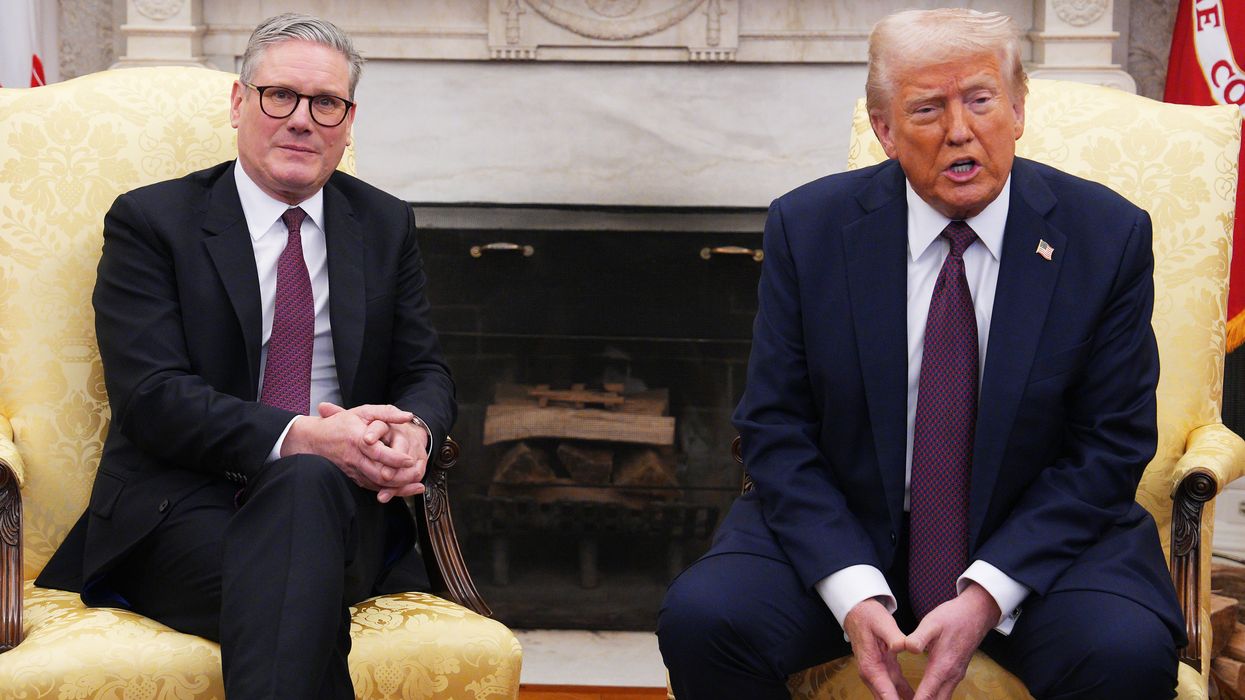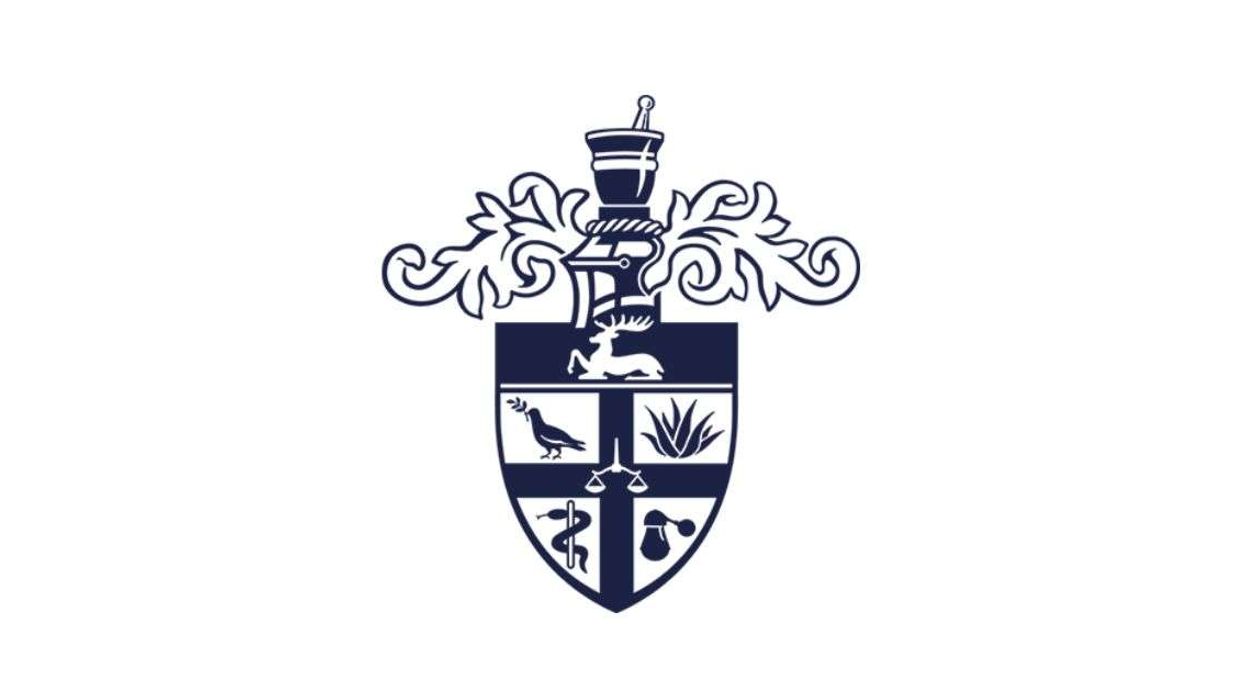With US president Donald Trump threatening 200 percent tariffs on imported pharmaceutical products within as little as one year, the industry is on red alert.
That's the timeframe Trump has given manufacturers to bring production back to the United States -- or face massive tariffs.
The protectionist measure would be a wholesale game changer for the sector, which has been exempt from customs duties since a 1994 World Trade Organization accord primarily signed by developed countries.
Trump "wants to keep the pressure on in maintaining tight timeframes," says Stefan Schneider, an analyst with Vontobel.
The pressure comes on top of a project to cut medicine prices in the United States to align them with the lowest rates elsewhere. Although that announcement was made in mid-May, uncertainty still hangs in the air regarding its implementation.
"The pharmaceutical industry takes this double threat seriously," said Alexandre Regniault, a specialist in health law at Simmons & Simmons, while adding that he regarded those pressures as a "negotiating tool."
In the spring, in the face of these risks, large European pharmaceutical groups including Roche, Novartis and Sanofi, announced more than $200 billion of additional investments in the United States, which is the world's largest drug market.
For Adrien Chantraine, a pharmaceutical expert with Circle Strategy, Trump's announcement remains, "at this stage, a political stance, clearly part of a larger trade showdown with the European Union."
Yet, were it to materialise, "its dual effect (of tariffs and price reduction) would shake the sector's economic engine."
Chantraine warns that, today, nearly three quarters of global pharmaceutical profits accrue in the United States "and serve to fund global R&D."
The industry considers the one-year deadline to relocate pharmaceutical production "unrealistic."
"The investments recently announced by laboratories are actually part of industrial cycles lasting five years and more," Chantraine points out.
"Moving production does not happen overnight -- building a new factory alone takes years," added the head of German company Merck KGaA, Belen Garijo, in an article in the Welt am Sonntag newspaper.
Schneider voices similar concerns.
"Moving production takes in many cases more than the 1-1.5 years -– thus giving such a short period does not make much sense. For those companies that have extra capacity in the US can move production faster –- but the FDA still needs to give a nod," said Vontobel's Schneider, referring to the US authority responsible for drug regulation.
As for the proposed tariff rate, 200 percent, "Americans would need to pay significantly higher drug prices – or simply not take these drugs," he warned.
The United States is the largest export market for European pharmaceutical companies, with 38.2 percent of sales outside the European Union last year made there, generating a record trade surplus of 193.6 billion euros ($225 billion), according to Eurostat data.
Ireland's drugs companies, which employ some 45,000 people, account for a large share of that surplus. The sector also accounted for nearly half of the country's exports last year, or 100 billion euros, up 30 percent on the previous year.
Large laboratories, including US ones, have hosted their patents there to benefit from a 15 percent tax on large corporations, compared to a rate of 21 percent in the United States.
"A tariff of anything close to 200 percent for any product would all but kill cross border trade in that product," said Dan O'Brien, chief economist with the Dublin-based IIEA think tank.
Switzerland is also a major player in the sector and "is still in talks with the US administration," the country's IPH pharma association said Wednesday.
Irish counterpart Ibec, which represents the biopharma and chemical sectors, said it had no comment.












